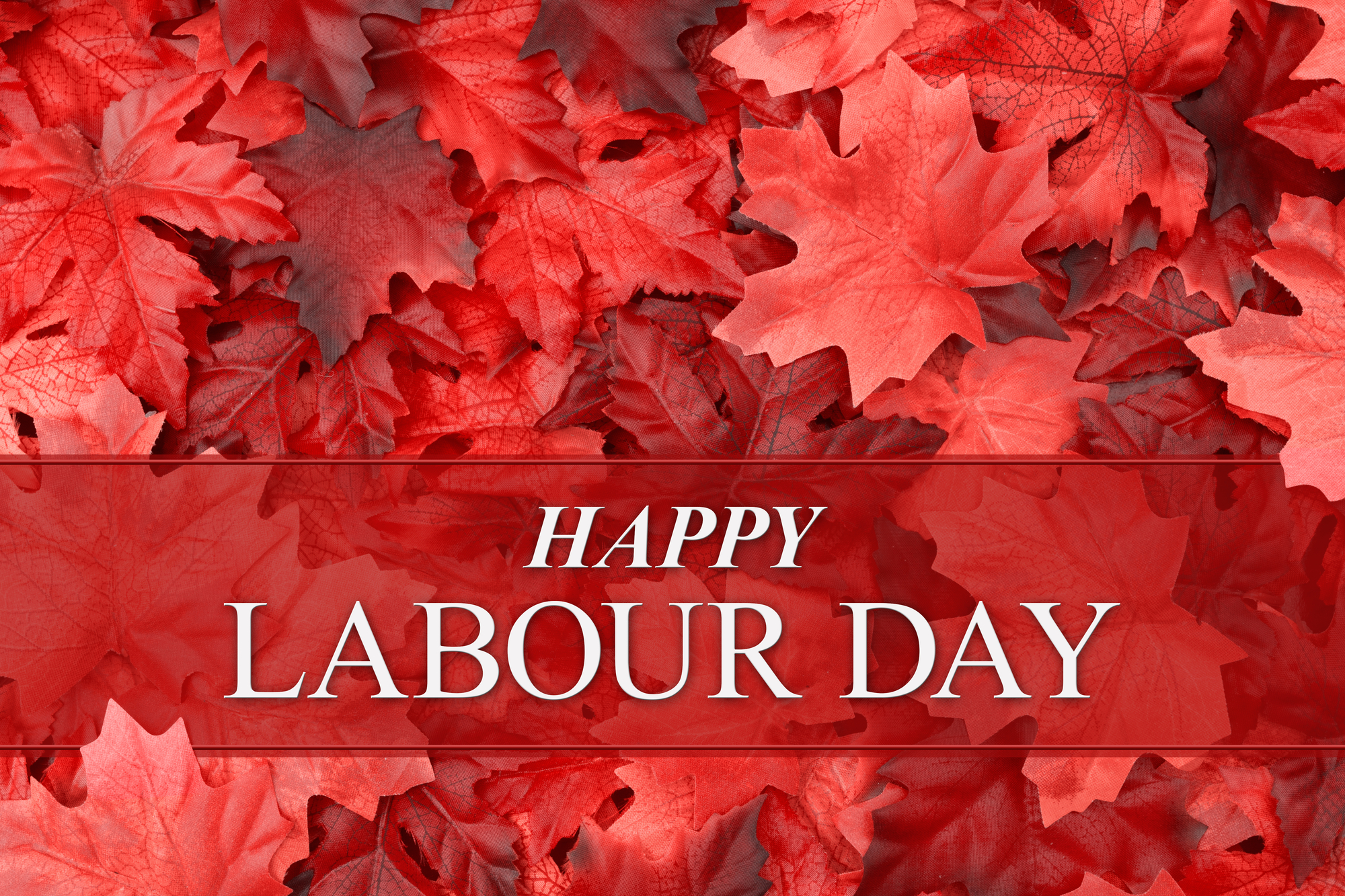Interest Rate Increasing This Week

At the close of business last Friday, global equities were lower on the week but off their worst levels after the US employment report showed signs of moderation in the labour market. The yield on the US 10-year Treasury note rose to 3.22% from 3.02% a week ago while the price of a barrel of West Texas Intermediate crude oil fell to $88.50 from $92.25. Volatility, as measured by the Cboe Volatility Index (VIX), was little changed at 23.5.
MACRO NEWS
The recent sell-off in markets has been driven by a large move in interest rates, the Federal Reserve comments at Jackson Hole, and the pending interest rate increases in September. The last time treasury yields were this high, the S&P was almost 200 points lower. The differences this time are that oil prices are lower, supply chains are clearly easing and inflation expectations are anchored. Past peak inflation got further support on Friday as monthly wages eased to the slowest pace in six months. The labour force participation rate rose and wages are coming in lower than expected. This is on top of a collapse of many commodity prices and a 30% decline in gasoline prices from the peak.
We hate being sucked into macro debates but believe that CPI is likely to surprise to the downside. History doesn’t repeat itself, but it often rhymes. We continue to like the opportunities in secular growth stocks and believe current prices relative to further growth are providing a generational opportunity for your fund managers to invest in companies with real earnings, solid management, and low debt levels.
CANADIAN ECONOMIC NEWS
On Wednesday, September 7th we will learn how high the next central bank interest rate increase will be. Our data is showing that inflation has peaked, but it’s still running hot. Several analysts we follow believe Wednesday’s hike could be the last for a while.
US ECONOMIC NEWS
After a slew of job openings in the US job openings and labour turnover survey (JOLTS) and a drop in jobless claims earlier in the week, markets were braced on Friday for another very strong employment report. Instead, the headline data was close to expectations as 315,000 new jobs were added in August. but there was a sharp downward revision to the prior two months’ data that subtracted 107,000 positions. A rise in the labour force participation rate to 62.4% from 62.1%, a sign of an easing labour shortage, helped push the unemployment rate up to 3.7% from 3.5% in July while average hourly earnings rose to 0.3% month over month, down from 0.5% in July. All in all, a report that the US Federal Reserve should view as a step in the right direction. Odds of a three-quarter per cent hike at the September FOMC meeting receded slightly in the report’s wake, to about 65%. We continue to believe a 50 basis point increase will probably be announced on the 14th.
EUROPEAN ECONOMIC NEWS
Fixed income markets are increasingly pricing in a three-quarter per cent rate hike from the European Central Bank this coming week since the euro zone’s inflation hit yet another record level in August. Last month, consumer prices rose 9.1% year over year, up from 8.6% in July, as energy prices continued to surge. Core rates rose as well, reaching 4.3%. Several ECB officials noted that even if the euro zone were to suffer a recession, the central bank would need to continue with policy normalisation. However, one high-profile policymaker, Chief Economist Philip Lane, pushed back against the idea of an extraordinarily large rate hike, calling for a steady pace of hikes. The ECB kicked off its tightening cycle in July with a 0.50% hike.
JAPAN, CHINA and EMERGING MARKETS ECONOMIC NEWS
Amid rising COVID-19 cases, authorities in China locked down Chengdu, a megacity with 21 million inhabitants on Thursday. They also put increased restrictions in place in Shenzhen, another massive commercial hub. The on-again, off-again nature of lockdowns and restrictions is making it difficult for China’s economy to recover from the effects of the pandemic. Chinese Premier Li Keqiang said this week that recently announced stimulus measures are more forceful than those put in place during the early days of the pandemic. Chinese officials this past week pushed back against weakness in the yuan. The currency has fallen about 8.5% since April as the United States has dramatically raised interest rates and weak growth has forced China to trim them. While a weak currency helps make exports more competitive, it also increases the cost of dollar-denominated raw materials and raises the risk of capital flight.
BRAND NEWS
Well, folks, this week’s Brand News message is simple: our Dream Harbour team is wishing you the best for an enjoyable Labour Day long weekend.
How does that relate to us, as a #brand?
Well, we’re all about keeping your dreams safe—and long weekends are often about dreaming those dreams or actually living them out. So whether that means relaxing by the water or in the woods, hitting the golf course, or spending time with family before the kids head back to school, this weekend we want you to rest assured that we’ve dominated the details in advance—to help you spend your time however you like.
Happy Labour Day, everyone.
#HereYourDreamsAreSafe

